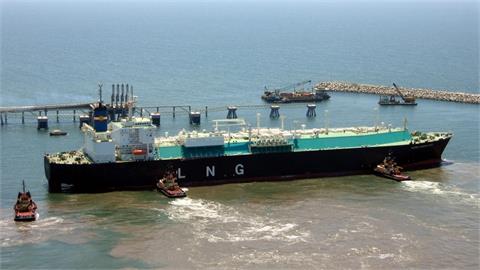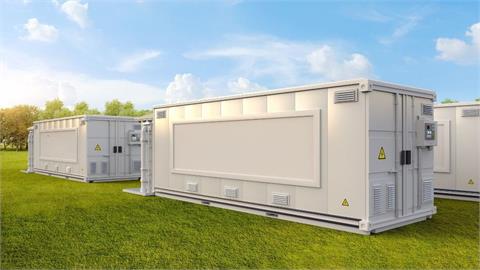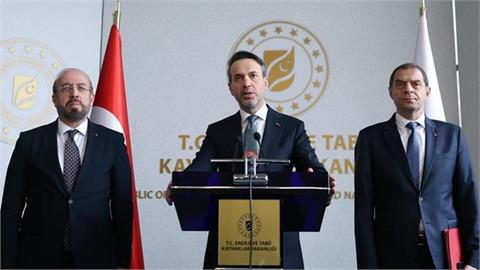EU state aid regulators will investigate whether European governments are paying illegal subsidies to utilities for holding power generation in reserve, EU officials said yesterday (1 April).
Capacity mechanisms are used in some EU nations, such as Britain, to fund electricity generation that is not necessarily cost-effective but is needed to guarantee supply.
The European Commission, the EU executive, has said these should only be a last resort.
"Electricity capacity mechanisms may be necessary for security of supply, but raise competition issues that the Commission is planning to look at carefully," Commission spokeswoman Lucia Caudet said.
European Competition Commissioner Margrethe Vestager will propose the opening of the investigation to her fellow Commissioners in the coming months, EU officials said.
While the Commission's anti-trust department would take the lead, officials from the energy division would also be involved.
Klaus-Dieter Borchardt, a director at the Commission's energy division, told Reuters on the sidelines of a conference in Brussels that a formal decision on an investigation had not yet been taken, but a wide-ranging investigation was a possibility.
"I support this very much because this would give us the possibility to look at where we are today. We are working on our own blueprint for the sector," he said.
Many utilities have complained that it is currently not profitable to run state-of-the-art gas plants, important for securing supply and offsetting intermittent renewable sources.
Under a capacity mechanism, the German government would raise funds to pay operators such as RWE and E.ON to keep such generation running, even it is not profitable.
France plans to follow Britain in introducing a capacity market, while other countries such as Germany have preferred to put in place strategic power reserves.



